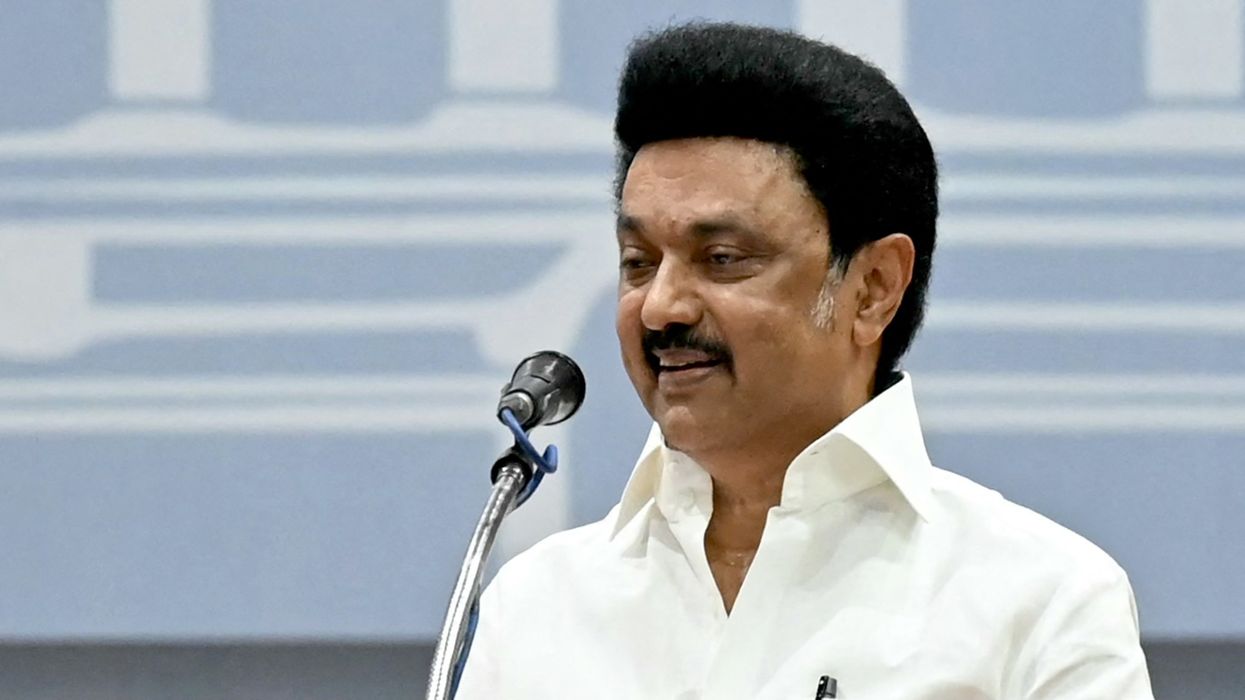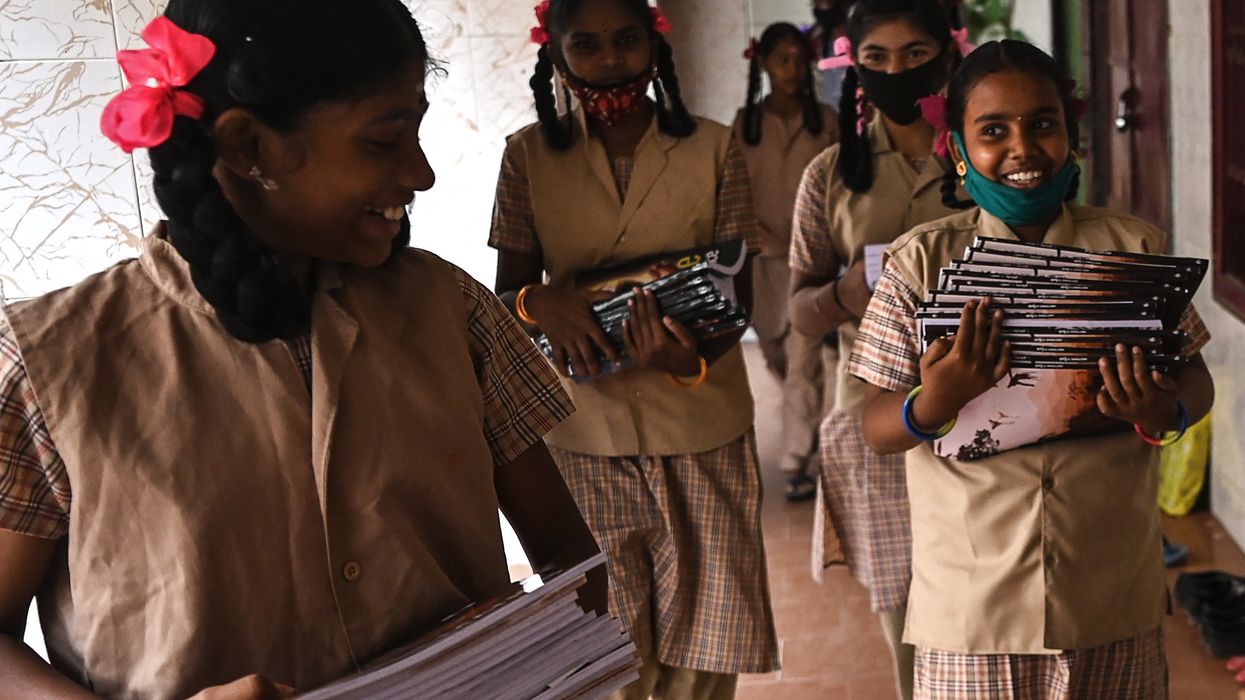A war of words has erupted between Tamil Nadu’s Chief Minister MK Stalin and the federal government over the National Education Policy (NEP) 2020, which recommends a three-language formula in schools, with two of the three being native to India. Stalin has voiced strong objections, claiming that the policy could lead to the imposition of Hindi, a northern Indian language, in non-Hindi-speaking states like Tamil Nadu. The issue has reignited old tensions between southern states and the central government over the privileging of Hindi.
Historical resistance to Hindi
Tamil Nadu has a deep-rooted history of opposing the promotion of Hindi, dating back to the 1960s. Protests broke out in the state when the federal government attempted to make Hindi the sole official language, leading to a compromise that allowed the continued use of English. Language in Tamil Nadu is not merely a means of communication but a powerful symbol of cultural identity. Tamil, one of the oldest living languages in the world, is a source of pride for the state’s people. As a result, any perceived threat to its prominence is met with strong resistance.
The National Education Policy 2020
The NEP 2020, introduced by Prime Minister Narendra Modi’s government, aims to reform India’s education system comprehensively. One of the policy’s key recommendations is the implementation of a three-language formula. Though the policy does not specify which languages should be taught, it suggests that at least two must be indigenous to India. The federal government has repeatedly denied allegations that the policy mandates Hindi, insisting that it offers flexibility and promotes mother-tongue instruction.
However, Stalin and his party, the Dravida Munnetra Kazhagam (DMK), argue that the NEP’s real intention is to impose Hindi on non-Hindi-speaking states like Tamil Nadu. The state has traditionally followed a two-language system, teaching Tamil and English in schools, and sees no need for the introduction of a third language, particularly Hindi.
Education and autonomy
Education is a concurrent subject in India’s constitution, meaning that both state and federal governments can legislate on it. This has created a complex dynamic, with states having some autonomy over their education systems while still needing to comply with national frameworks. Tamil Nadu has long resisted the three-language formula, arguing that its two-language system is sufficient and that students benefit from learning Tamil, which connects them to their cultural heritage, and English, which opens up global opportunities.

Stalin has been particularly critical of the federal government’s insistence on the NEP, accusing it of trying to centralise education policy at the expense of state autonomy. He has also argued that forcing students to learn a third language would place an unnecessary burden on them.
The financial dispute
In addition to the linguistic debate, the controversy has been further inflamed by financial tensions. Tamil Nadu has accused the federal government of withholding its share of funds for the Samagra Shiksha Abhiyan, a school education programme, due to its refusal to fully implement the NEP. The state claims that it was asked to sign a memorandum of understanding (MoU) agreeing to adopt the NEP in its entirety in order to receive the funds. However, the federal government has denied these allegations, leading to a public spat over the allocation of education resources.
In February, Stalin wrote to Prime Minister Modi, requesting the immediate release of funds amounting to 21.5 billion rupees (£191m), but the dispute remains unresolved. The financial aspect of the debate has added another layer of complexity, with Tamil Nadu positioning itself as a victim of federal overreach.
Cultural and political implications
The language debate touches on deeper cultural and political issues in India. With its immense linguistic diversity, India has struggled to balance the promotion of a national language with the protection of regional languages and identities. Hindi, spoken by over 46% of the population, is the most widely spoken language in India, but it is not the mother tongue of many states, particularly in the south. Southern states like Tamil Nadu have historically been wary of attempts to impose Hindi, seeing it as a threat to their linguistic and cultural distinctiveness.
For Tamil Nadu, the NEP controversy is not just about education policy but about preserving its unique identity. Language has long been a defining issue in the state’s politics, and any perceived attempt to diminish the role of Tamil is met with fierce opposition.





